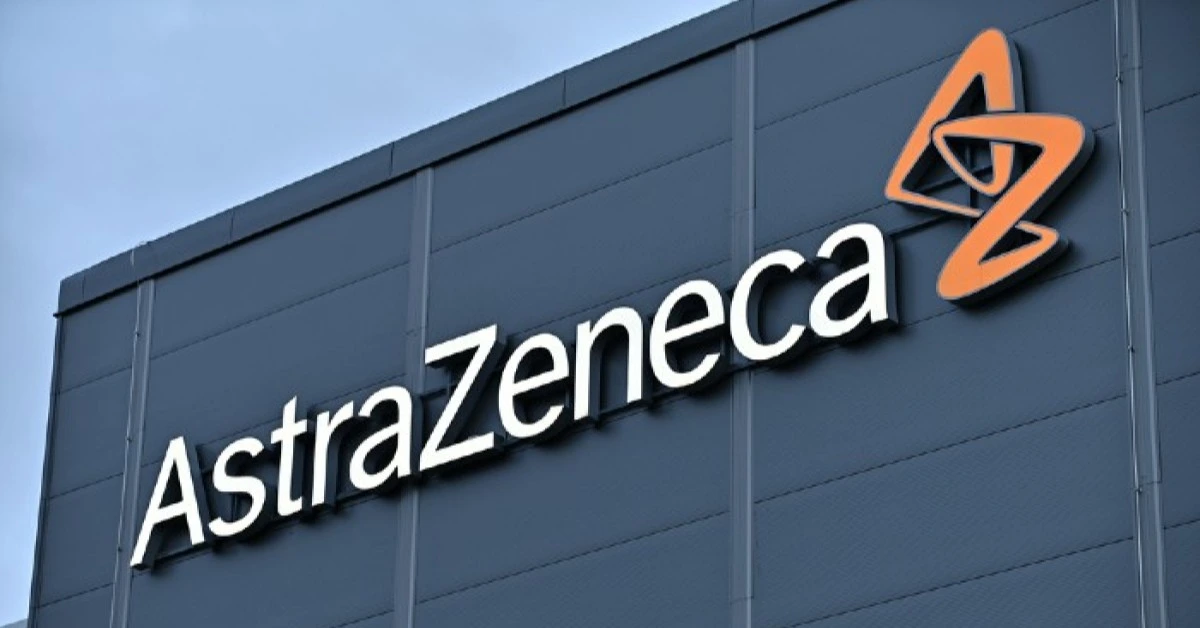
UK – Tempus AI, AstraZeneca, and Pathos AI have joined forces in a US$ 200 million partnership to build an advanced artificial intelligence (AI) model for oncology.
The initiative centers on creating a multimodal deep learning framework capable of analyzing diverse data types to uncover new insights into cancer biology, identify novel drug targets, and accelerate the development of personalized therapies.
Tempus AI, known for its extensive repository of de-identified oncology data, will contribute this valuable resource to train the AI model.
In return, Tempus will receive US$ 200 million in data licensing and model development fees. The completed model will be accessible to all three partners, facilitating collaborative efforts to enhance cancer care and research.
This partnership builds upon the existing relationship between AstraZeneca and Tempus, which began in 2021. Their previous collaborations have focused on leveraging AI to advance oncology research and improve patient outcomes.
Eric Lefkofsky, founder and CEO of Tempus, emphasized the transformative potential of this endeavor. “Generative AI and the emergence of large multimodal models is the final catalyst needed to usher in precision medicine in oncology at scale,” he stated.
“Tempus has spent the last decade investing billions of dollars into collecting the necessary data needed for a foundation model of this kind to take shape.”
Jorge Reis-Filho, Chief AI and Data Scientist of Oncology R&D at AstraZeneca, echoed this sentiment. “Cancer drug discovery and clinical development are being transformed by the ability to analyze vast amounts of rich data using artificial intelligence,” he said.
“We are excited to collaborate with Tempus and Pathos to advance our data and AI-driven R&D strategy through the development of a multimodal oncology foundation model that we believe will accelerate and increase the probability of clinical success across our diverse pipeline.”
The collaboration aims to harness the power of AI to streamline research and development processes, ultimately expanding access to personalized medicine on a global scale.
XRP HEALTHCARE L.L.C | License Number: 2312867.01 | Dubai | © Copyright 2025 | All Rights Reserved